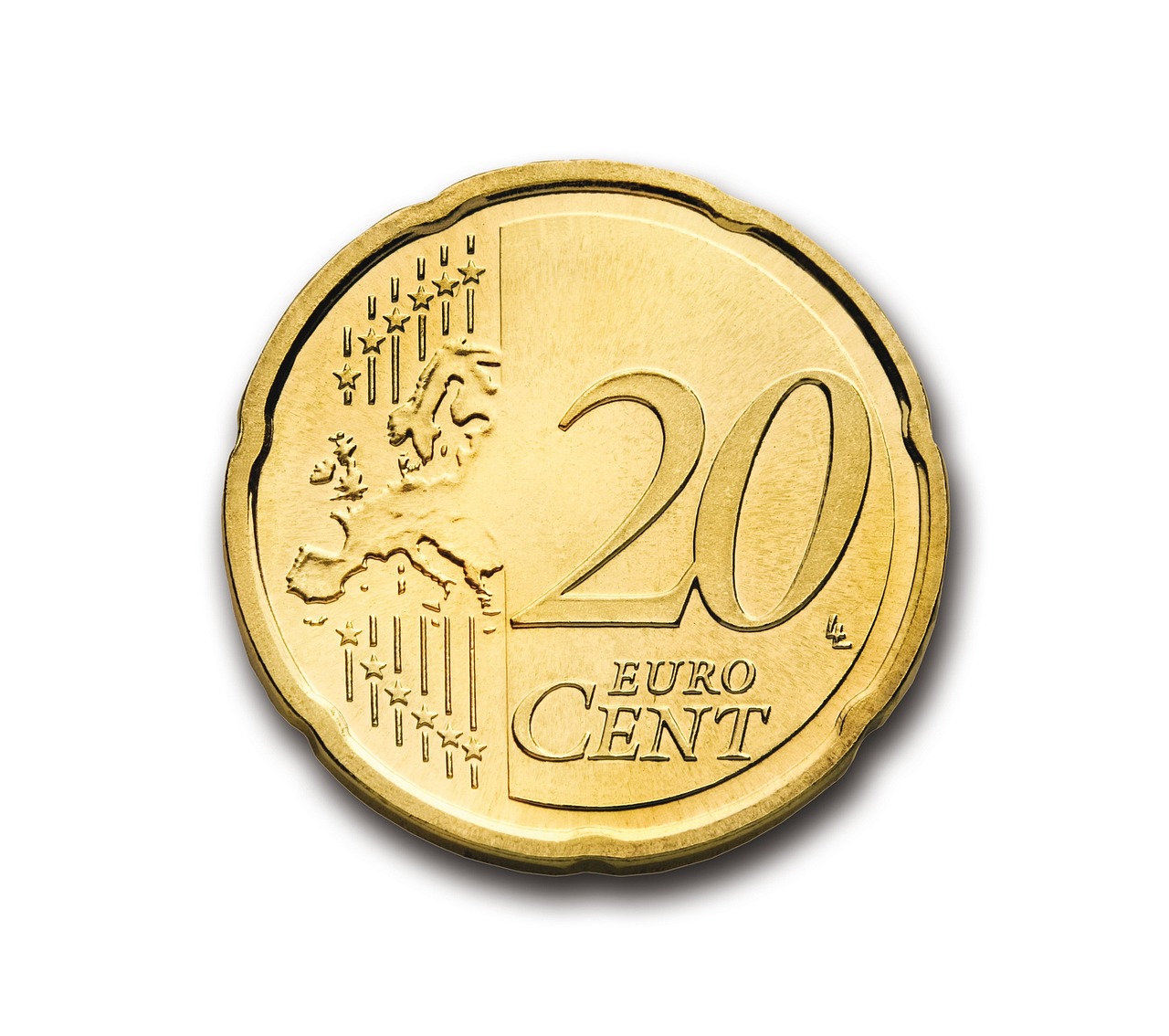A Guide to Gas Trading

Gas trading is a vital component of the global energy market. With the rise of renewable energy sources, the demand for natural gas has soared as it is often used as a substitute for coal and oil. Gas trading is the process of buying and selling natural gas contracts on the open market, and it is crucial for ensuring a stable and affordable supply of gas for both consumers and industry.
Gas trading involves complex financial and logistical processes, but it is essential for keeping a balance between supply and demand. Traders must constantly monitor market trends and anticipate changes in prices and demand in order to make profitable trades. For major gas-producing countries, such as Russia and the United States, gas trading can have a significant impact on their economy and political influence. In recent years, the emergence of liquefied natural gas (LNG) has also revolutionized the gas trading industry, allowing for increased accessibility and flexibility in gas trading.
Gas trading is not only important for the energy market, but it also has significant implications for the environment. As natural gas burns cleaner than coal and oil, increased demand for gas trading can help reduce carbon emissions and combat climate change. However, gas trading is not without its challenges, including volatility of prices and political tensions between gas-producing countries. It requires skill and expertise to navigate these challenges and successfully trade in the gas market.
In conclusion, gas trading plays